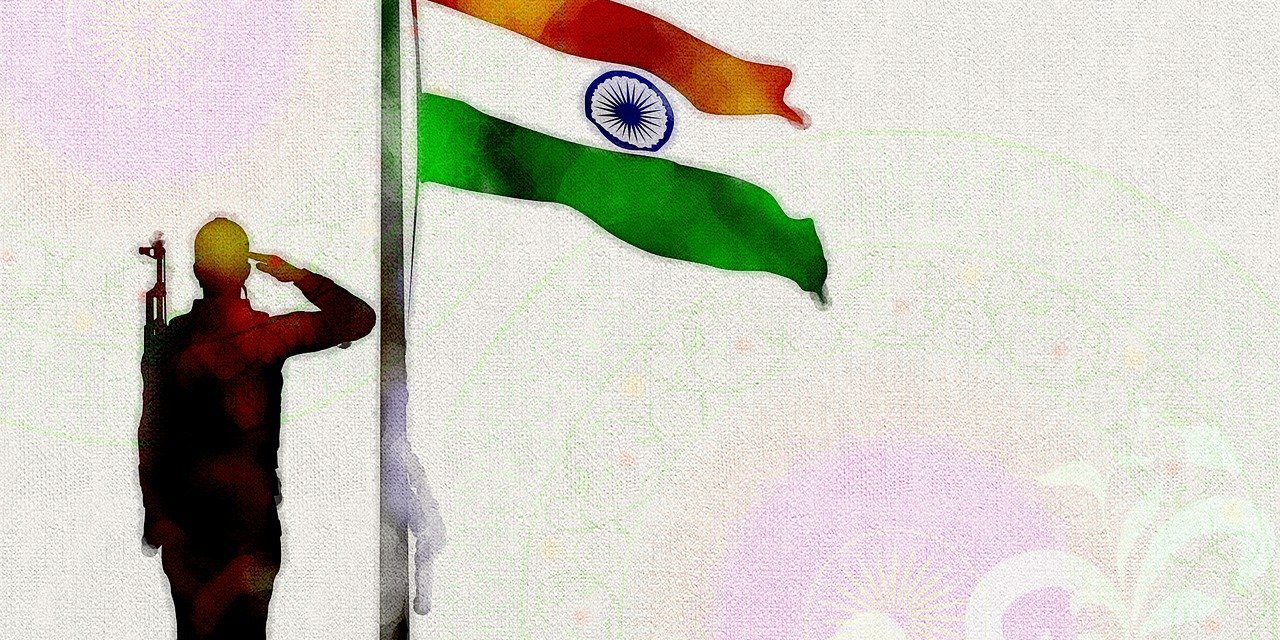A man, let’s call him Mahesh, was swinging his arms and going down the road merrily. Suddenly his swinging arm hit the nose of another man, let us call him Suresh, passing by. An argument ensued between Mahesh and Suresh. Suresh was angry that Mahesh had hit him and must apologize but Mahesh said that he was free to do whatever he wanted with his arm and hence why should he.
The matter finally ended up in court.
The judge patiently heard their arguments and this is what he said.
Living in a democratic India, Mahesh had full right to swing his arms wherever and whenever he wanted. However, the moment his swinging arm came in the vicinity of Suresh’s nose, the fundamental duties applied, which says, among other things, that it is the duty of every citizen to promote Brotherhood among the people and abjure violence.
Hence Mahesh must apologize to Suresh.
This was the story told by my social science teacher before teaching us fundamental rights and duties. Those were not the days of smart boards and virtual reality. But the stories the teachers told were more effective and stayed with us.
The story and what she tried to instill in us has stayed with me decades later. I wish this had been taught to everyone in their school. Because I always find people talking of their fundamental rights but never the duties, which have been mentioned in the same Constitution.
Here are the 11 fundamental duties that were added by 42nd amendment in 1976.
It shall be the duty of every citizen of India
- To abide by the Constitution and respect its ideals and institutions, the National Flag and the National Anthem;
- To cherish and follow the noble ideals which inspired our national struggle for freedom;
- To uphold and protect the sovereignty, unity and integrity of India;
- To defend the country and render national service when called upon to do so;
- To promote harmony and the spirit of common brotherhood amongst all the people of India transcending religious, linguistic and regional or sectional diversities; to renounce practices derogatory to the dignity of women;
- To value and preserve the rich heritage of our composite culture;
- To protect and improve the natural environment including forests, lakes, rivers, wildlife and to have compassion for living creatures;
- To develop the scientific temper, humanism and the spirit of inquiry and reform;
- To safeguard public property and to abjure violence;
- To strive towards excellence in all spheres of individual and collective activity so that the nation constantly rises to higher levels of endeavour and achievement;
- Who is a parent or guardian, to provide opportunities for education to his child, or as the case may be, ward between the age of six to fourteen years.
I have taken these from the wikipedia, and you can read the complete entry here.










